ALEXANDRIA, Va., U.S.: Protecting children against the early onset of dental caries is something all dentists should consider a priority. According to the results of a recent U.S. study, supragingival biofilm potentially harbors taxonomic and functional information that could be used to inform precision dentistry in early childhood caries (ECC) prevention, something the researchers believe will provide novel insights into the metagenomics of the infection.
“With this study, we sought to characterize preschool-age children’s supragingival microbiome composition according to clinical statuses of health (‘caries-free’), ‘restored disease’ and ‘non-restored’ or ‘untreated’ disease,” said lead researcher Dr. Kimon Divaris, associate professor at the University of North Carolina at Chapel Hill School of Dentistry, U.S.
The study group consisted of 118 children aged 3–5 who were enrolled in ZOE 2.0, a community-based genetic epidemiological study in North Carolina. Examiners recorded caries experience at the surface level using modified International Caries Detection and Assessment System criteria and classified children as being caries-free or having restored or untreated disease. The researchers then collected supragingival biofilm samples from the study group, and these were frozen on-site and processed and underwent whole genome sequencing, the process of determining the complete DNA sequence of an organism’s genetic material at a single time.
From this, the researchers identified 85 bacterial genera and 201 bacterial species—185 of which were identified down to the strain level. According to the results, notable differences in species abundance were found between the three groups, including the following: caries-free: Streptococcus intermediusand Capnocytophaga; restored disease: Actinomyces odontolyticusand Streptococcus australis; and untreated disease: Streptococcus mutans.
“This knowledge is foundational for the development of precision medicine/precision dentistry approaches for diagnosis, prevention and treatment in the oral health domain. Our long-term goal is to characterize oral health and disease at the molecular level; in other words, define taxonomic or functional signatures in the supragingival biofilm that represent the ECC-associated oral dysbiosis prior to clinical disease development,” said Divaris.
The study, titled “Metagenomics of early childhood oral health and early childhood caries,” was presented at the 47th annual meeting of the American Association for Dental Research by Divaris and ZOE 2.0 co-investigators Drs. Andrea Ferreira-Zandona and Jeannie Ginnis, also from the University of North Carolina at Chapel Hill School of Dentistry, on March 22 in Fort Lauderdale, Florida, U.S.
Tags:
HONG KONG: According to the Global Burden of Disease study, early childhood caries affects approximately 530 million children around the world, making it ...
UMEÅ, Sweden: Researchers at Umeå University in Sweden have made a novel discovery connecting highly virulent types of the Streptococcus mutans caries ...
FORT MYERS, Fla., US: Although many college students recognise the impact that lifestyle choices have on oral health, minority students often have limited ...
LEEDS, UK: Though dental fillings are an established method of treating the presence of dental caries in permanent dentition, their usefulness for treating ...
HONG KONG, China/BERKELEY, Calif., US: A study led by researchers in China has recently examined the impact of the oral microbiota on overall health. The ...
ANN ARBOR, Mich., US: As the number of dental implants placed globally continues to rise, so too does the clinical significance of understanding ...
NEW YORK, US: In a recent study, researchers investigated the effectiveness of silver diamine fluoride and dental sealants in the arrest and prevention of ...
LIMA, Peru: In a recent study, researchers have developed an integrated intervention programme to reduce the prevalence and severity of early childhood ...
BIRMINGHAM, Ala., USA: There is a recommendation for children to have a dental visit by 6 months of age, but there is insufficient evidence of improved ...
LEIPZIG, Germany: Rural communities across the US are facing a growing oral health crisis as access to fluoridated water and dental care diminishes. This ...
Live webinar
Wed. 18 February 2026
9:00 am EST (New York)
Dr. Anna Lella, Ms. Francesca Nava
Live webinar
Wed. 18 February 2026
12:00 pm EST (New York)
Prof. Dr. João Caramês CODE expert, Dr. Robert Gottlander DDS
Live webinar
Mon. 23 February 2026
3:00 am EST (New York)
Ass. Prof. Elizabeth Shick, Dr. Zehra Yonel
Live webinar
Tue. 24 February 2026
1:00 pm EST (New York)
Prof. Dr. Markus B. Hürzeler
Live webinar
Tue. 24 February 2026
3:00 pm EST (New York)
Prof. Dr. Marcel A. Wainwright DDS, PhD
Live webinar
Wed. 25 February 2026
11:00 am EST (New York)
Prof. Dr. Daniel Edelhoff
Live webinar
Wed. 25 February 2026
1:00 pm EST (New York)



 Austria / Österreich
Austria / Österreich
 Bosnia and Herzegovina / Босна и Херцеговина
Bosnia and Herzegovina / Босна и Херцеговина
 Bulgaria / България
Bulgaria / България
 Croatia / Hrvatska
Croatia / Hrvatska
 Czech Republic & Slovakia / Česká republika & Slovensko
Czech Republic & Slovakia / Česká republika & Slovensko
 France / France
France / France
 Germany / Deutschland
Germany / Deutschland
 Greece / ΕΛΛΑΔΑ
Greece / ΕΛΛΑΔΑ
 Hungary / Hungary
Hungary / Hungary
 Italy / Italia
Italy / Italia
 Netherlands / Nederland
Netherlands / Nederland
 Nordic / Nordic
Nordic / Nordic
 Poland / Polska
Poland / Polska
 Portugal / Portugal
Portugal / Portugal
 Romania & Moldova / România & Moldova
Romania & Moldova / România & Moldova
 Slovenia / Slovenija
Slovenia / Slovenija
 Serbia & Montenegro / Србија и Црна Гора
Serbia & Montenegro / Србија и Црна Гора
 Spain / España
Spain / España
 Switzerland / Schweiz
Switzerland / Schweiz
 Turkey / Türkiye
Turkey / Türkiye
 UK & Ireland / UK & Ireland
UK & Ireland / UK & Ireland
 Brazil / Brasil
Brazil / Brasil
 Canada / Canada
Canada / Canada
 Latin America / Latinoamérica
Latin America / Latinoamérica
 USA / USA
USA / USA
 China / 中国
China / 中国
 India / भारत गणराज्य
India / भारत गणराज्य
 Pakistan / Pākistān
Pakistan / Pākistān
 Vietnam / Việt Nam
Vietnam / Việt Nam
 ASEAN / ASEAN
ASEAN / ASEAN
 Israel / מְדִינַת יִשְׂרָאֵל
Israel / מְדִינַת יִשְׂרָאֵל
 Algeria, Morocco & Tunisia / الجزائر والمغرب وتونس
Algeria, Morocco & Tunisia / الجزائر والمغرب وتونس
 Middle East / Middle East
Middle East / Middle East

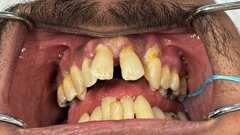


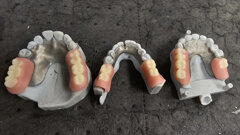


















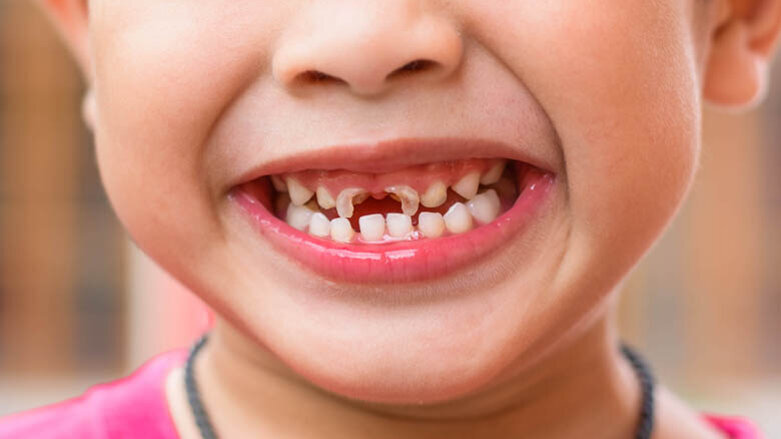






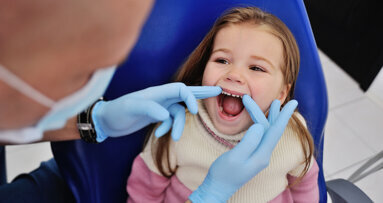
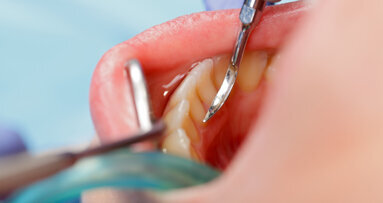



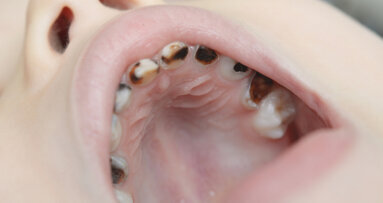










To post a reply please login or register